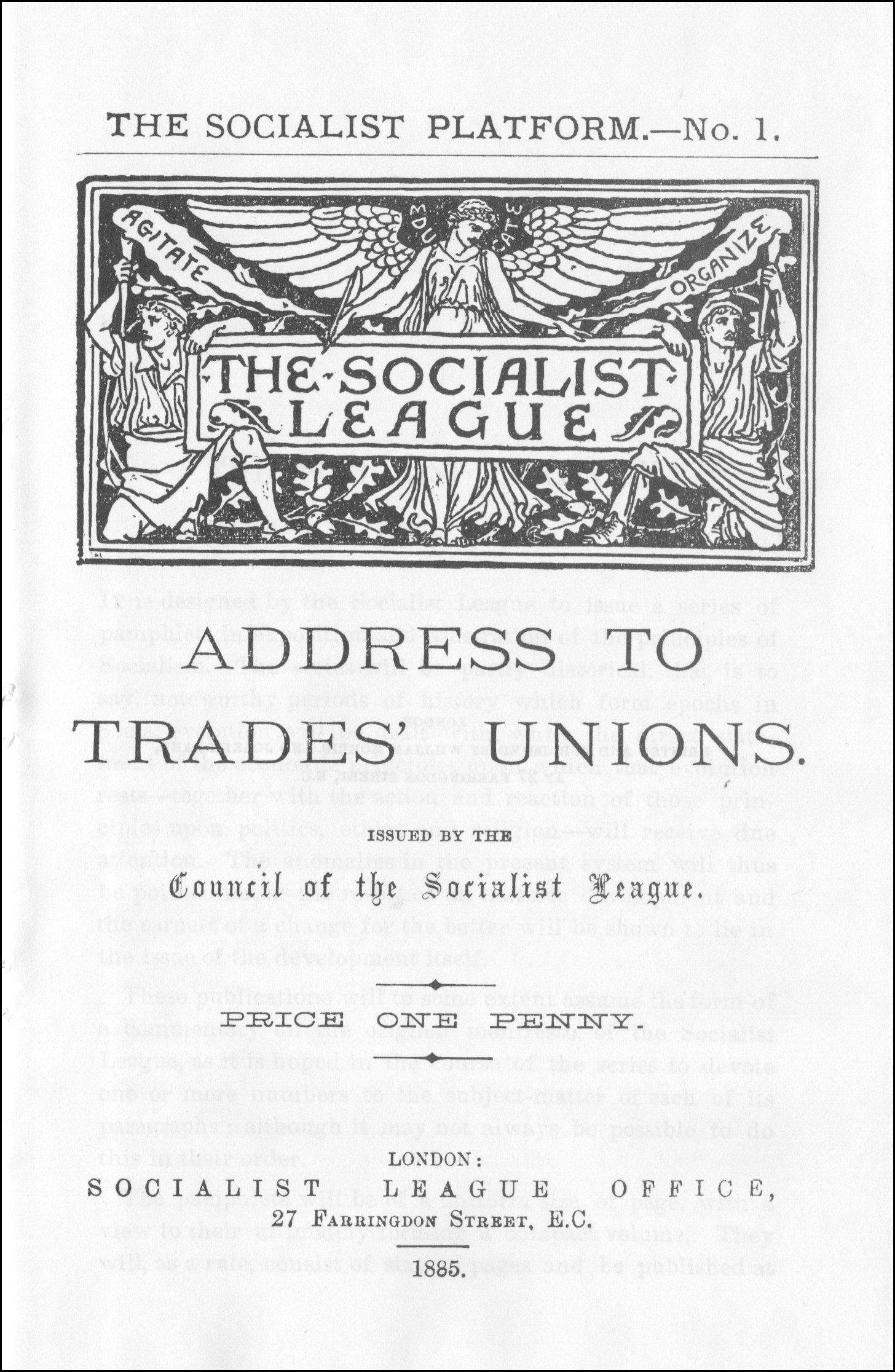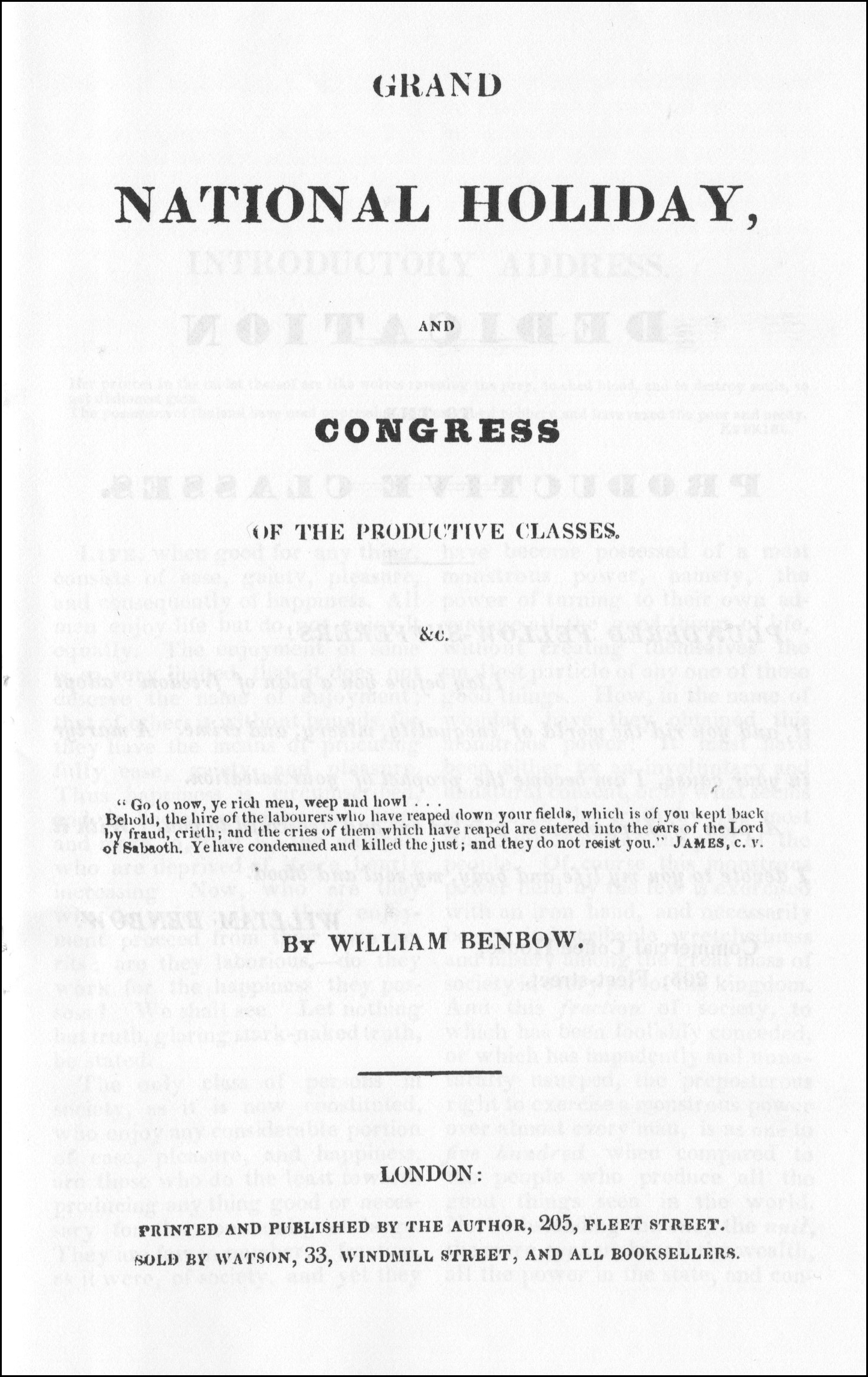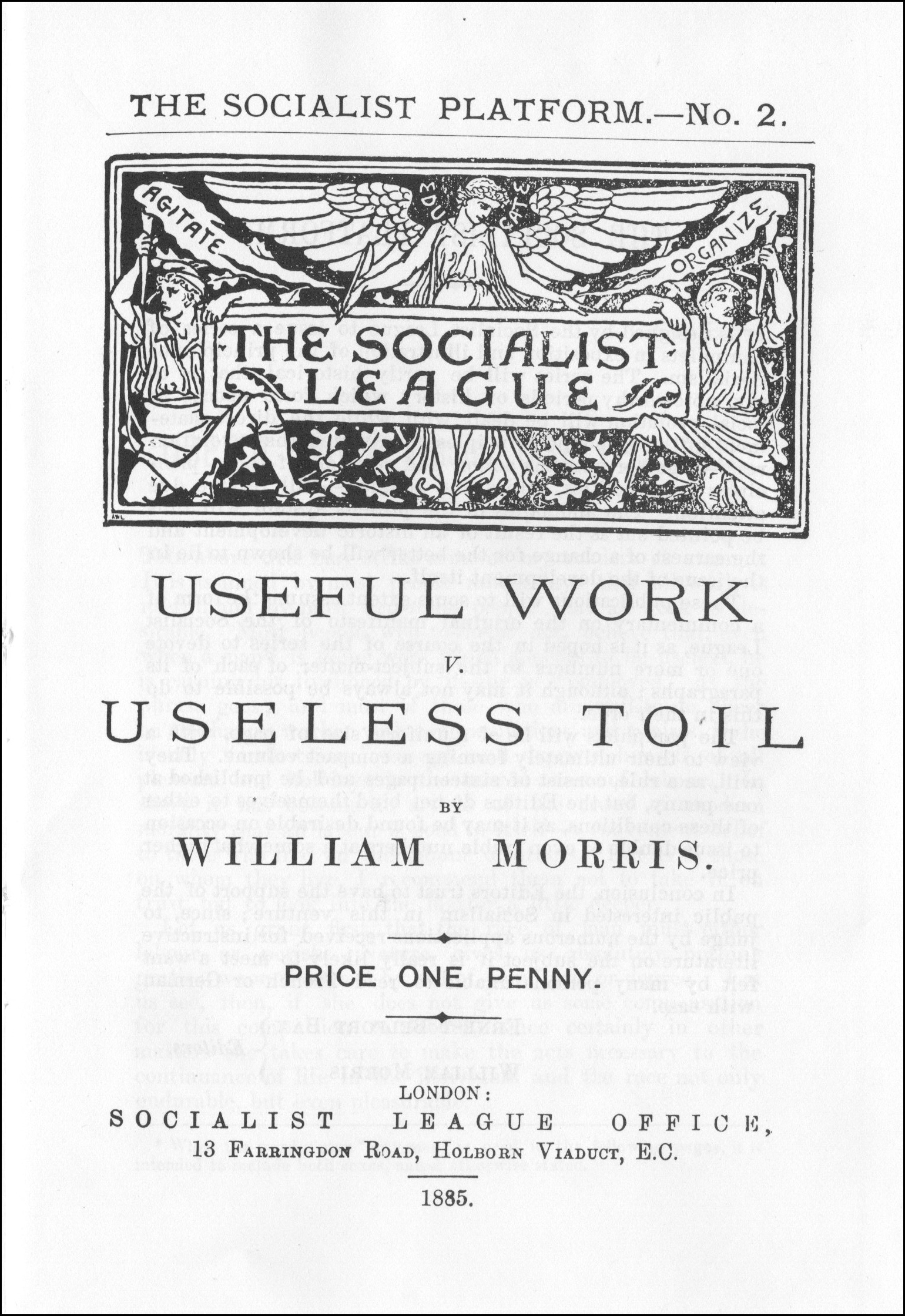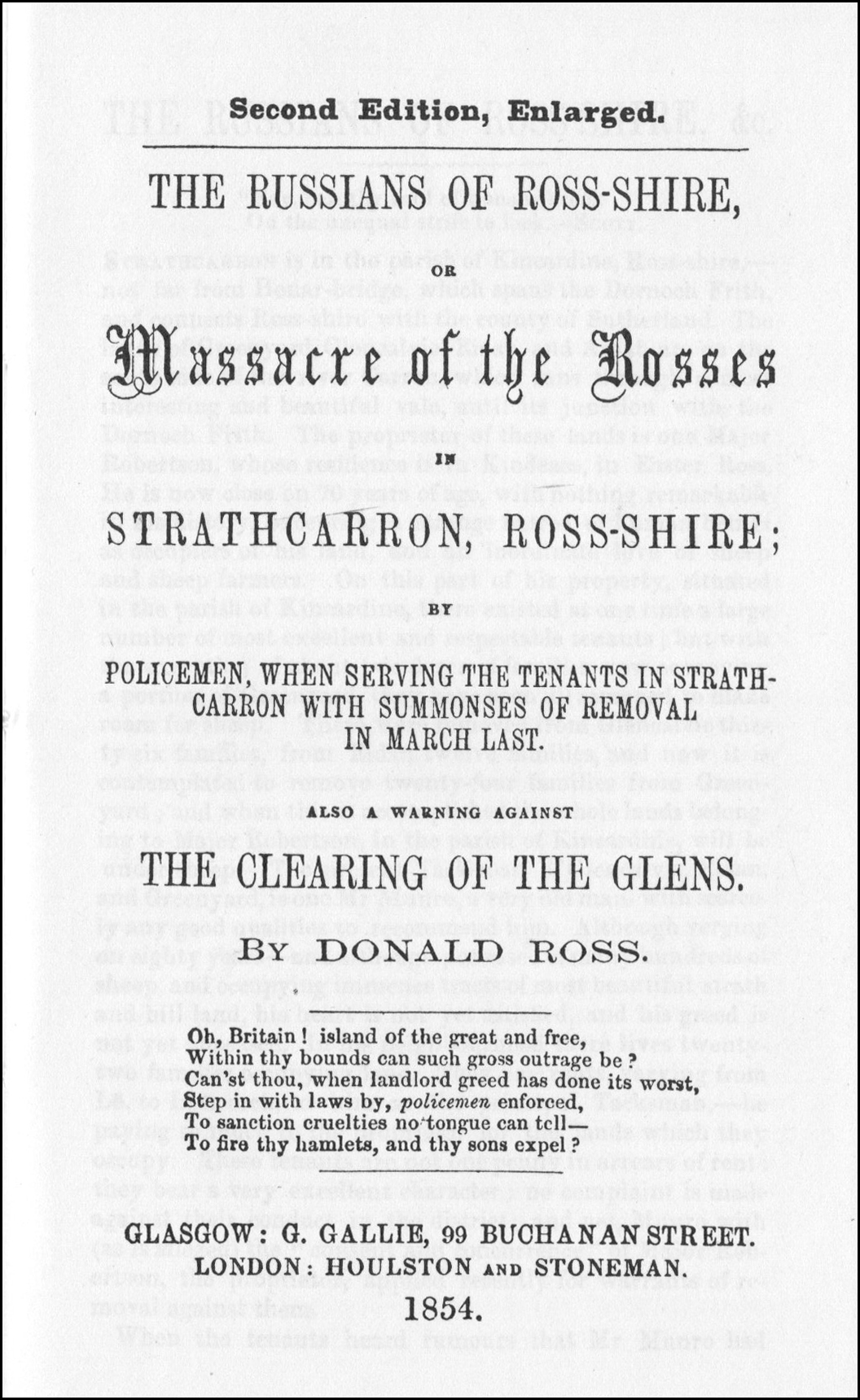The English Cabinet (Кабинет Англии)
Structure
What follows is a list of the main subject areas covered by the ‘English Cabinet’.[1] The index cards only occasionally made reference to these subject headings, but those copied were mostly drawn from Section G: The proletariat and the first steps of the working class, and Section H: The working-class movement in the nineteenth century and Chartism.
A.
1. Encyclopaedias, dictionaries, bibliography and biography, maps.
2. Historical journals.
3. Governmental processes. (State trials)
4. Parliamentary debates.
5. Government documents.
6. Historical manuscripts.
2. Historical journals.
3. Governmental processes. (State trials)
4. Parliamentary debates.
5. Government documents.
6. Historical manuscripts.
B. THE ENGLISH STATE.
1. Political history.
2. Economic history.
3. Trading
2. Economic history.
3. Trading
31. Trade.
311. Trade monopoly.
312. Free trade.
313. Trading statistics.
312. Free trade.
313. Trading statistics.
32. Industry, general history.
321. Biographies.
322. Cotton industry.
323. Coal.
324. Metallurgical industry.
325. Woollen industry.
326. Different industries.
327. Commercial and industrial companies.
328. Statistical material.
322. Cotton industry.
323. Coal.
324. Metallurgical industry.
325. Woollen industry.
326. Different industries.
327. Commercial and industrial companies.
328. Statistical material.
33. English Manor. Agriculture.
331. XI-XV century.
332. XVI-XVII century.
333. XVIII century.
334. XIX century.
335. XX century.
332. XVI-XVII century.
333. XVIII century.
334. XIX century.
335. XX century.
4. General history of financial and banking business.
41. Liverpool Association.
42. History of individual banks.
43. History of the English Treasury.
44. Excises.
45. Transport.
42. History of individual banks.
43. History of the English Treasury.
44. Excises.
45. Transport.
451. Mail.
452. Railways.
452. Railways.
5. History of English law.
51. Criminal laws.
52. Judicial sessions.
53. International law.
52. Judicial sessions.
53. International law.
6. The general history of the constitution.
61. Privy Council.
62. House of Commons.
63. The House of Lords.
64. Political parties.
62. House of Commons.
63. The House of Lords.
64. Political parties.
7. Local government, general history.
71. Local taxes.
72. Housing issue.
73. The police.
74. Clubs.
75. London.
76. History of individual counties and cities.
72. Housing issue.
73. The police.
74. Clubs.
75. London.
76. History of individual counties and cities.
8. The general history of the church.
81. History of the Church in Scotland.
82. The Age of Feudalism.
83. Reformation (XVI-XVII century).
84. XVIII-XX century.
85. Dissenters.
86. English Catholics.
87. Jews in England.
82. The Age of Feudalism.
83. Reformation (XVI-XVII century).
84. XVIII-XX century.
85. Dissenters.
86. English Catholics.
87. Jews in England.
9. Army and navy.
C. FEUDALISM, THE BEGINNING AND DECLINE.
1. From the Roman conquest to the Norman period.
2. The Middle Ages of the XI-XV centuries.
2. The Middle Ages of the XI-XV centuries.
21. Great Charter of Liberty.
22. England of the XIV century (Edward II and III).
23. Wat Tyler’s uprising.
24. England of the XV century (Lancaster).
25. Wycliffe and the Lollards.
26. Chronicles and other materials.
22. England of the XIV century (Edward II and III).
23. Wat Tyler’s uprising.
24. England of the XV century (Lancaster).
25. Wycliffe and the Lollards.
26. Chronicles and other materials.
3. The era of the Tudors (XV-XVI century).
31. Henry VIII.
32. Thomas More.
33. Mary Stuart.
34. Elizabeth.
35. Biographies of the XVI century.
32. Thomas More.
33. Mary Stuart.
34. Elizabeth.
35. Biographies of the XVI century.
4. Reformation.
D. THE BOURGEOUS REVOLUTION OF THE XVII CENTURY (1740-60s).
1. The general history of the revolution.
11. James I.
12. Charles II.
12. Charles II.
2. Memoirs and biographies.
3. The Republic and the protectorate.
3. The Republic and the protectorate.
31. Milton.
32. Materials.
32. Materials.
4. Cromwell.
5. Democratic and social movements, a common history.
5. Democratic and social movements, a common history.
51. Levellers.
52. Diggers.
53. The Fifth Monarchists.
54. Quakers.
52. Diggers.
53. The Fifth Monarchists.
54. Quakers.
6. Restoration of the XVII century (1760-80s).
61. Charles II.
62. James II.
62. James II.
7. The glorious revolution.
E. EIGHTEENTH CENTURY.
1. England in the XVIII century, a common history.
11. Travelling.
12. Social life.
13. Eden.
14. Financial history.
15. The bread question.
16. Customs and trade policy.
17. Colonial policy.
12. Social life.
13. Eden.
14. Financial history.
15. The bread question.
16. Customs and trade policy.
17. Colonial policy.
2. Political history.
21. Queen Anne.
22. George I.
23. George II.
24. George III.
22. George I.
23. George II.
24. George III.
3. Political parties and political struggle.
31. Jacobites.
4. History of wars and treaties (France and America).
5. Pamphlets, materials.
6. Periodicals.
5. Pamphlets, materials.
6. Periodicals.
F. NINETEENTH AND TWENTIETH CENTURIES.
1. General history of the XIX century.
11. The first half of the XIX century (1815-1870).
12. The epoch of imperialism (1870-1931).
12. The epoch of imperialism (1870-1931).
2. Political history of the XIX century.
21. Victoria and Edward VII.
3. Biographical materials.
31. Biographical materials before 1832.
32. Biographical materials before 1890.
33. The epoch of imperialism (1890-1931).
32. Biographical materials before 1890.
33. The epoch of imperialism (1890-1931).
4. Pamphlets and statistical material.
G. THE PROLETARIAT AND THE FIRST STEPS OF THE WORKING CLASS.
1. The Industrial Revolution.
11. James Watt and other inventors.
2. England’s attitude to the French and American revolutions.
21. The American Revolution.
22. The French Revolution.
23. John Wilkes.
22. The French Revolution.
23. John Wilkes.
3. Struggle for political reform.
31. The pen.
32. Holcroft.
33. Tooke.
32. Holcroft.
33. Tooke.
4. Jacobins and secret societies.
41. Pamphlets.
42. Materials.
43. Litigation.
44. Anti-Jacobinism.
42. Materials.
43. Litigation.
44. Anti-Jacobinism.
5. Socialist thought.
51. Godwin.
52. Shelley.
53. Mary Wollstonecraft.
52. Shelley.
53. Mary Wollstonecraft.
6. Pamphlets.
H. WORKING-CLASS MOVEMENT IN THE XIX CENTURY AND CHARTISM.
1. Cobbett.
11. The situation of the working class at the beginning of the XIX century.
12. The Luddites.
12. The Luddites.
2. The struggle for parliamentary reform.
21. Pamphlets.
22. Richard Carlile.
23. Processes.
24. Magazines.
25. Reactionary literature.
26. The Reform Bill.
27. The economic situation of England during Reform Bill. (First third of the XIX century).
28. Political thinkers of the first half of the XIX century.
22. Richard Carlile.
23. Processes.
24. Magazines.
25. Reactionary literature.
26. The Reform Bill.
27. The economic situation of England during Reform Bill. (First third of the XIX century).
28. Political thinkers of the first half of the XIX century.
3. The struggle for the abolition of the Corn Laws.
31. Bright.
32. Cobden.
33. Elliot.
34. Magazines.
32. Cobden.
33. Elliot.
34. Magazines.
4. The Poor Laws, a common history.
41. The Poor Laws in the XVIII century.
42. The Poor Laws in the XIX century.
43. Pauperism.
44. Philanthropy.
45. Sanitation.
46. Prostitution.
47. Prisons (detention houses).
48. Child labour.
42. The Poor Laws in the XIX century.
43. Pauperism.
44. Philanthropy.
45. Sanitation.
46. Prostitution.
47. Prisons (detention houses).
48. Child labour.
5. Chartism, a common history.
51. Materials on the history of Chartism.
52. Pamphlets.
53. Romantics (Carlyle, Disraeli, Shaftesbury).
54. The Chartist press.
52. Pamphlets.
53. Romantics (Carlyle, Disraeli, Shaftesbury).
54. The Chartist press.
I. DOMINIONS AND COLONIES.
1. Ireland, a common history.
11. Ancient Ireland (before the XVI century).
12. XVI-XVII century.
13. Ireland in the XVIII century.
12. XVI-XVII century.
13. Ireland in the XVIII century.
131. The 1798 uprising.
14. Ireland in the XIX century.
141. The ‘United Irish’.
142. Biographies.
143. Fenians (conspiracy).
142. Biographies.
143. Fenians (conspiracy).
15. The twentieth century.
16. The land question.
17. Industry and trade.
18. Workers’ movement.
16. The land question.
17. Industry and trade.
18. Workers’ movement.
2. Australia, the general history.
21. The economy.
22. Labour movement.
22. Labour movement.
3. Canada, a common history.
4. South Africa.
5. India, reference books.
4. South Africa.
5. India, reference books.
51. History of India before the conquest by the British, until the XVIII century.
52. India under the rule of the British and the Indian revolution.
52. India under the rule of the British and the Indian revolution.
521. Rise of the sepoys.
53. India in the XX century.
54. Economics.
54. Economics.
541. Trade and Industry.
542. The state of work in India.
543. The agrarian question.
544. Finance.
545. Culture and religion of India.
542. The state of work in India.
543. The agrarian question.
544. Finance.
545. Culture and religion of India.
6. Royal colonies.
7. Colonial question (the general history of English colonial policy).
7. Colonial question (the general history of English colonial policy).
J. WORKING MOVEMENT AFTER CHARTISM 1848-1880.
1. General history of cooperation.
11. Owen and various English socialists.
12. Holyoake.
13. Biographies.
14. Congresses.
15. Magazines.
16. Pamphlets.
12. Holyoake.
13. Biographies.
14. Congresses.
15. Magazines.
16. Pamphlets.
2. Atheism (free-thinking), a common history.
21. Biographical materials.
22. Magazines.
23. Pamphlets.
22. Magazines.
23. Pamphlets.
3. Christian socialism.
31. Biographies.
32. Magazines.
33. Pamphlets.
34. Kingsley.
35. Ruskin.
32. Magazines.
33. Pamphlets.
34. Kingsley.
35. Ruskin.
4. Workers’ representation and agitation for reform.
K. THE HISTORY OF CULTURE.
1. General history of culture.
2. Literature.
3. The women’s question.
4. The press.
5. Education.
2. Literature.
3. The women’s question.
4. The press.
5. Education.
L. TRADES-UNIONISM.
1. General position of the working class.
11. Unemployment.
12. Memoirs and biographies.
12. Memoirs and biographies.
2. Rural workers.
3. Working legislation.
3. Working legislation.
31. Law on Trade Unions.
4. The history of trade unions.
41. Friendly societies.
42. Statistical material.
43. Pamphlets.
42. Statistical material.
43. Pamphlets.
5. History of congresses.
51. Russian delegation and the Anglo-Russian Association.
6. Separate unions.
7. The General Strike 1926.
8. Minorities movement.
7. The General Strike 1926.
8. Minorities movement.
M. SOCIALIST MOVEMENT.
1. The general history of socialism.
2. Anti-Socialism.
3. Social-Democratic Federation (party).
2. Anti-Socialism.
3. Social-Democratic Federation (party).
31. British Socialist Party.
32. Hyndman
33. Burns.
34. Pamphlets.
35. Magazines.
32. Hyndman
33. Burns.
34. Pamphlets.
35. Magazines.
4. The Socialist League.
41. Morris.
42. Pamphlets.
43. Magazines.
42. Pamphlets.
43. Magazines.
5. Independent Labour Party.
51. Keir Hardy.
52. MacDonald.
53. R. Blatchford and ‘Clarion’.
54. Pamphlets.
55. Journals.
52. MacDonald.
53. R. Blatchford and ‘Clarion’.
54. Pamphlets.
55. Journals.
6. Fabian Society.
61. Bernard Shaw.
62. Sydney and Beatrice Webb.
63. Pamphlets.
64. Yearbooks and magazines.
62. Sydney and Beatrice Webb.
63. Pamphlets.
64. Yearbooks and magazines.
7. Workers’ Party.
71. Biography.
72. Pamphlets.
73. Yearbooks and magazines.
72. Pamphlets.
73. Yearbooks and magazines.
8. The Communist Party.
81. Pamphlets.
82. Journals.
83. Movement in favour of the United Front.
82. Journals.
83. Movement in favour of the United Front.
9. Various socialist parties.
91. Anarchism.
92. Syndicalism.
93. Guild socialism.
94. Socialist Party of Great Britain.
95. Socialist Labour Party.
92. Syndicalism.
93. Guild socialism.
94. Socialist Party of Great Britain.
95. Socialist Labour Party.
10. Biographies of various figures of the socialist movement.
[1] http://filial.shpl.ru/kabinet-anglii, accessed 10 August 2017




